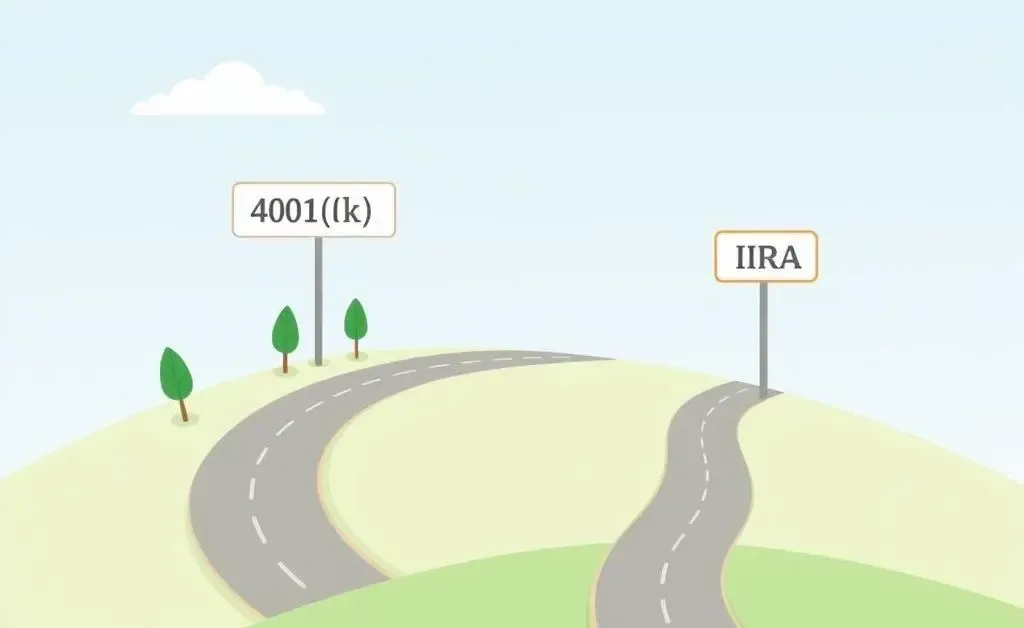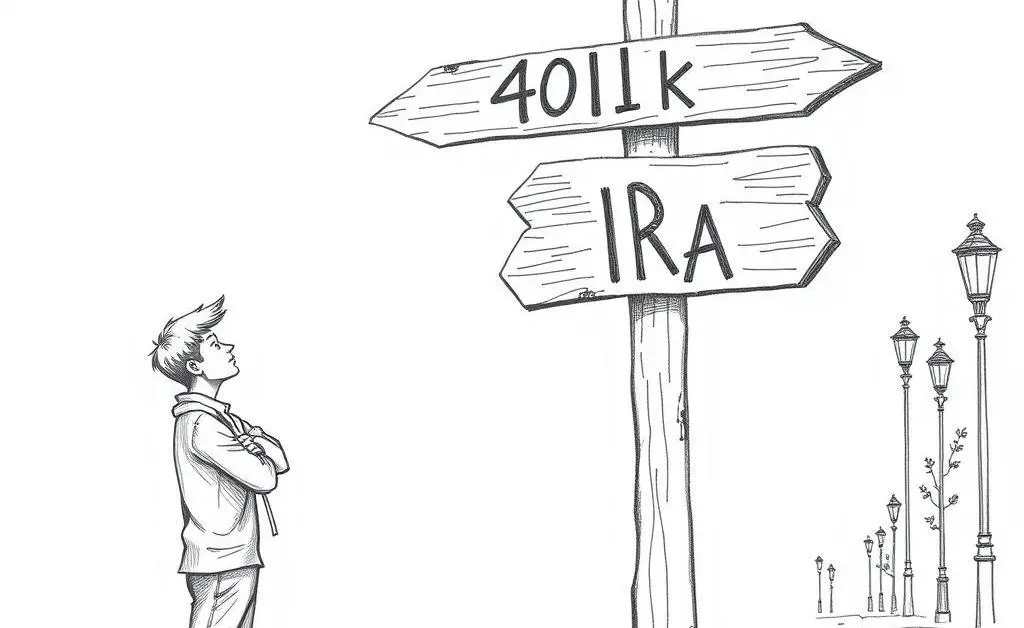Navigating Your Retirement Options: Should You Rollover Your 401(k) to an IRA?
Explore the benefits and drawbacks of rolling over a 401(k) to an IRA.

Have you ever found yourself staring at your stack of retirement account options wondering if it's time to mix things up a bit? Well, you’re not alone. Deciding whether to roll over your 401(k) into an IRA can feel like standing at a financial crossroads. You might be asking yourself: ‘Is this the right move for me?’ Let's dive into the juicy details and see what lies ahead on this paper trail.
The Pros and Cons of 401(k) Rollovers
Before you sprint towards making any decision, it’s important to weigh the pros and cons of shifting your 401(k) to an IRA. Here’s a quick rundown:
- Pro: More Investment Choices – An IRA often opens up a world of diverse investment options compared to the typical 401(k) plan.
- Con: Potential Fees – Some IRAs come with their own fee structures, which can eat into your savings if you’re not careful.
- Pro: Consolidation – If you have multiple 401(k)s, an IRA can conveniently centralize your funds.
- Con: Tax Implications – Depending on when and how you roll over, taxes might come knocking on your door.

When to Consider an IRA
Meet Jane, an imaginative example to ground this in reality. She has changed jobs a couple of times and has two dormant 401(k) plans. She’s overwhelmed by multiple account statements cluttering her inbox. Sound familiar? Consolidating her accounts into an IRA provides her with a streamlined view of her retirement nest egg.
Why Jane Found Peace of Mind
Besides reducing the paper stack towering over her desk, she found:
- A single point of contact for queries
- Greater control over her investments
- Tailored investment options that better matched her risk tolerance

Keep an Eye on the Fine Print
Before you leap, it’s wise to review the fine print. Some employers let you keep the 401(k) with them even after leaving the job, which sometimes comes with perks like better protection from creditors.
Another thing to remember is Required Minimum Distributions (RMDs). While IRAs typically require you to start taking distributions at age 73, some 401(k) plans allow you to wait until you retire if you’re working beyond that age.

Final Thoughts
Deciding whether to roll over a 401(k) into an IRA can significantly impact your retirement strategy. Weighed down by too many options? Or maybe you love analyzing every little detail. Either way, knowing your financial goals and the distinct advantages and quirks of each option is key.
What are your thoughts about rolling over? Share your experiences! Is there an alternative route you prefer for bolstering your retirement savings?




